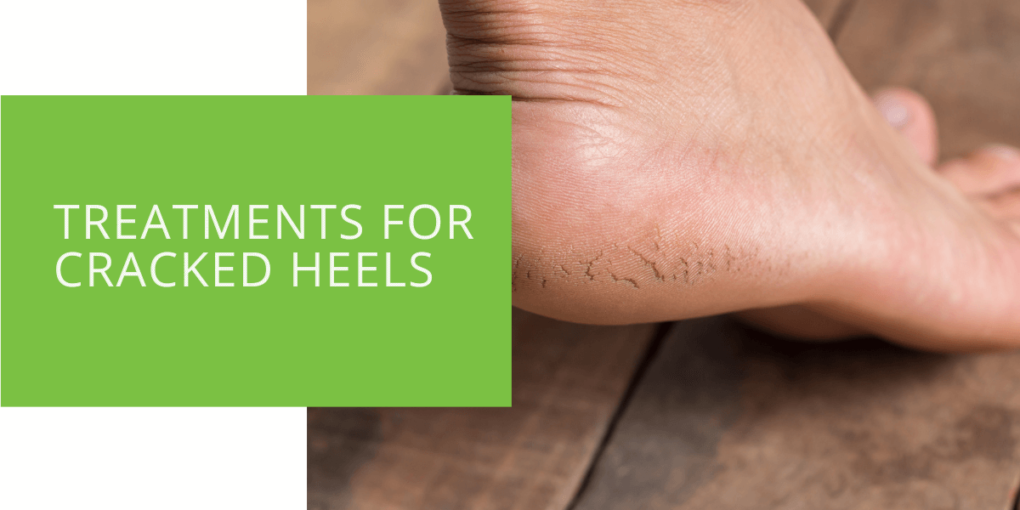Treatments for Cracked Heels
You're not alone if you're dealing with dry, cracked skin on your heels. Cracked heels, also known as heel fissures, are a common problem that can be unsightly and painful. If left untreated, they can even lead to more serious health issues. But don't worry. Many effective treatments and prevention methods are available to help you get smooth, healthy skin on your feet. This article will explore the causes of cracked heels, how to prevent them, and various treatment options to help heal and repair damaged skin.
What Causes Cracked Heels
Several factors can contribute to the development of cracked heels. Here are some of the most common causes:
Dry Skin
One of the main causes of cracked heels is dry skin. When the skin on your feet becomes dry, it can become thin, brittle, and more prone to cracking. Various factors, including cold weather, low humidity, and hot showers or baths, can cause dry skin.
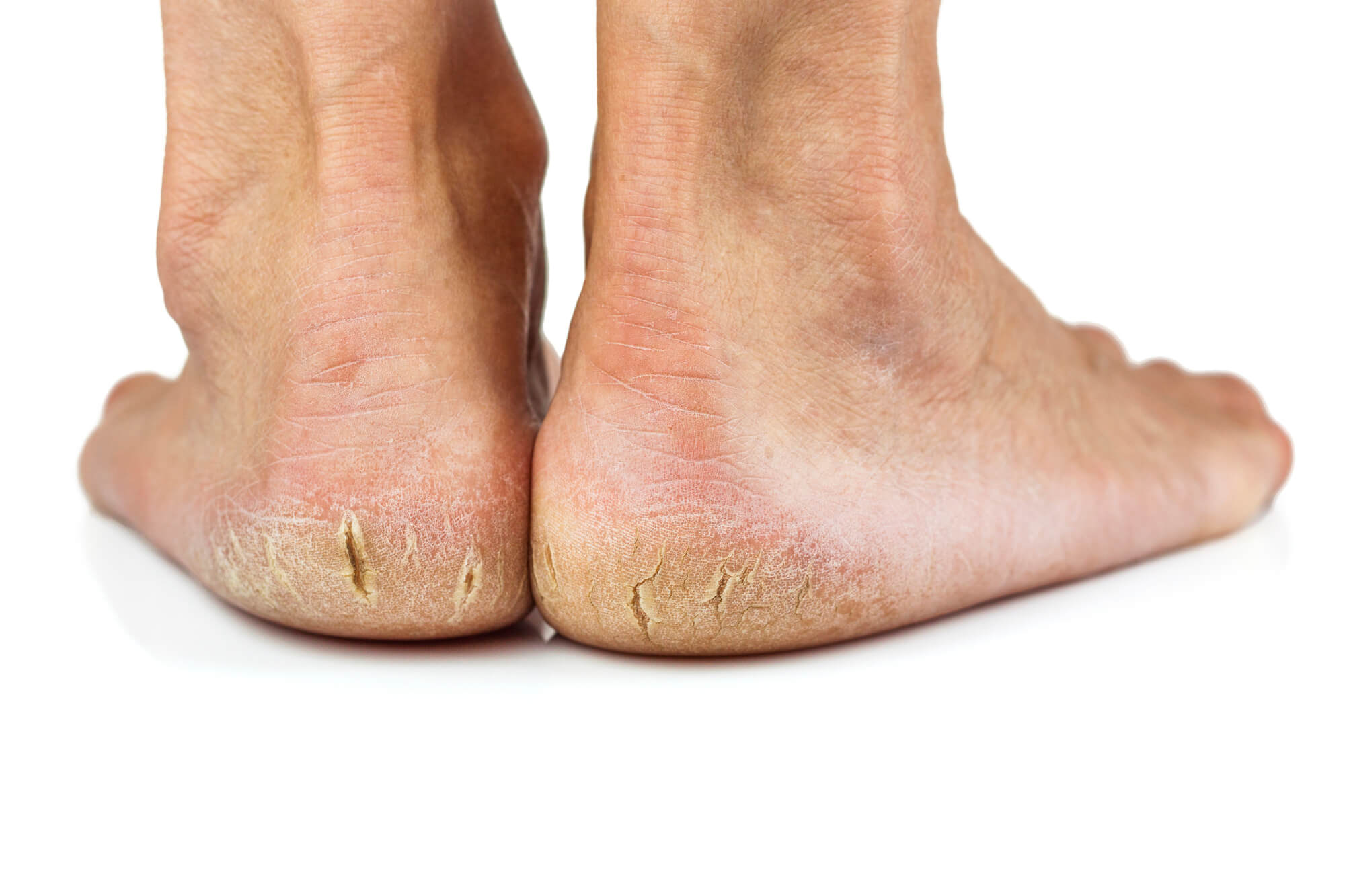
Lack of Hydration
Drinking enough water is important for overall health and can help prevent dry, cracked skin on your feet. When dehydrated, your skin can become dry and more prone to cracking. Be sure to drink plenty of water and other hydrating beverages to help keep your skin moisturized.
Ill-Fitting Shoes
Wearing shoes that don't fit properly or put too much pressure on certain areas of your feet can also lead to cracked heels. Shoes that are too tight, loose, or too high can all contribute to developing heel fissures.
Standing for Long periods
Standing for long periods, especially on hard surfaces, can lead to cracked heels. When you stand for extended periods, the skin on your feet doesn't get a chance to breathe and can become dry and prone to cracking.
Medical Conditions
In some cases, cracked heels may result from a medical condition. Certain skin conditions, such as eczema and psoriasis, can make the skin on your feet more prone to dryness and cracking. Diabetes can also increase the risk of developing heel fissures. You must speak with a healthcare professional for proper treatment and management if you have a medical condition contributing to your cracked heels.
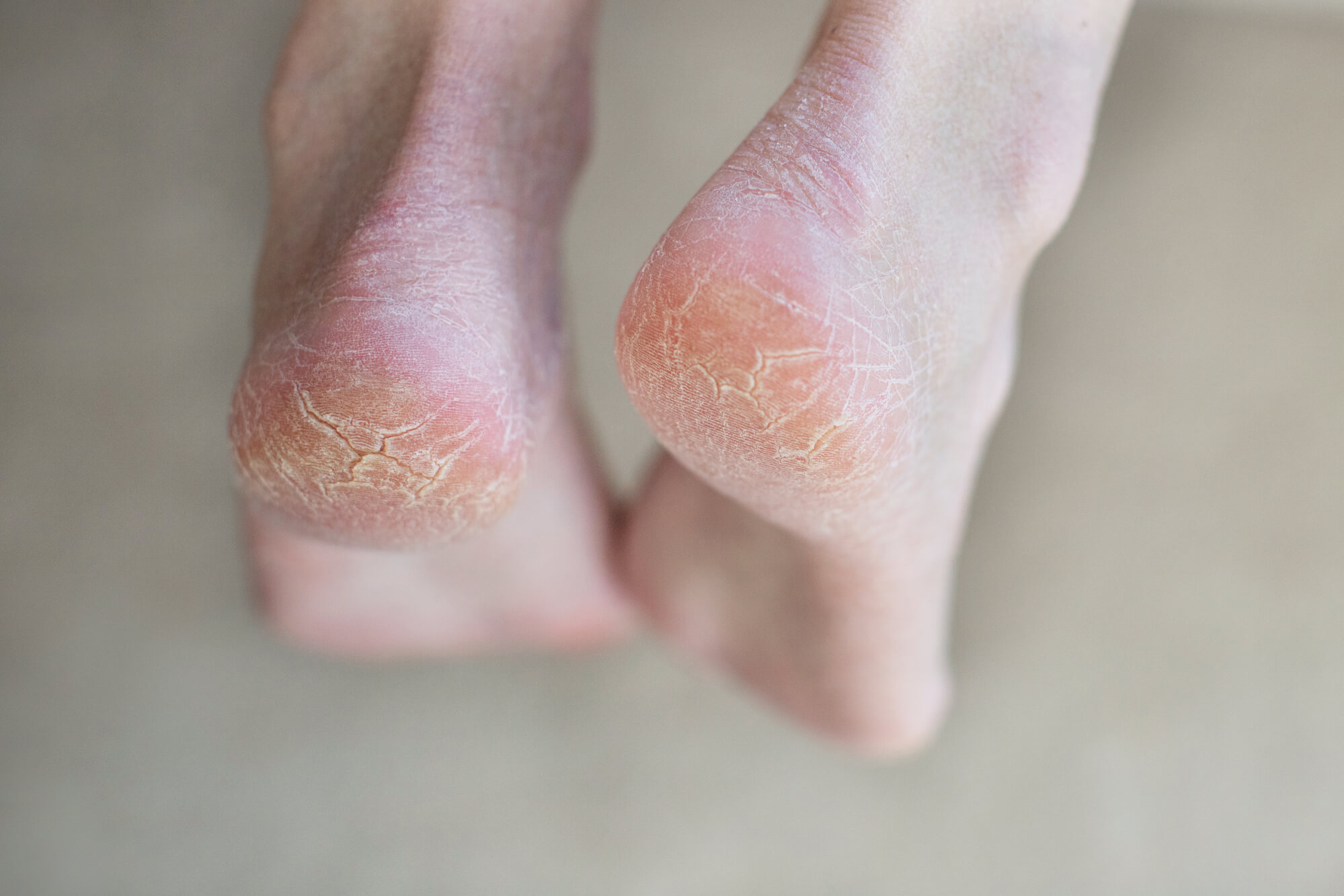
Preventing Cracked Heels
While it's not always possible to completely prevent cracked heels, there are steps you can take to reduce your risk of developing dry, cracked skin on your feet. Here are some prevention tips:
Moisturize Daily
One of the most effective ways to prevent cracked heels is to moisturize your feet daily. This helps to keep the skin on your feet hydrated and less prone to cracking. Look for a moisturizer formulated for the feet that contain ingredients like urea, which can help soften and hydrate the skin.
Wear Comfortable, Supportive Shoes
Wearing shoes that fit properly and offer good support can help to prevent cracked heels. Avoid shoes that are too tight or loose, and choose shoes with a low heel and a wide toe box to give your feet room to breathe. If you spend a lot of time on your feet, consider investing in comfortable, supportive shoes or inserts to help reduce the risk of heel fissures.
Stay Hydrated
As mentioned earlier, staying hydrated is important for overall health and can help prevent cracked heels. Be sure to drink plenty of water and other hydrating beverages, and avoid sugary drinks and alcohol, which can contribute to dehydration.
Avoid Hot Showers and Soaks
While it may feel good to soak your feet in hot water, it can strip your skin of its natural oils and lead to dryness and cracking. Try to take lukewarm showers or baths, and moisturize your feet after drying them to help lock in hydration.
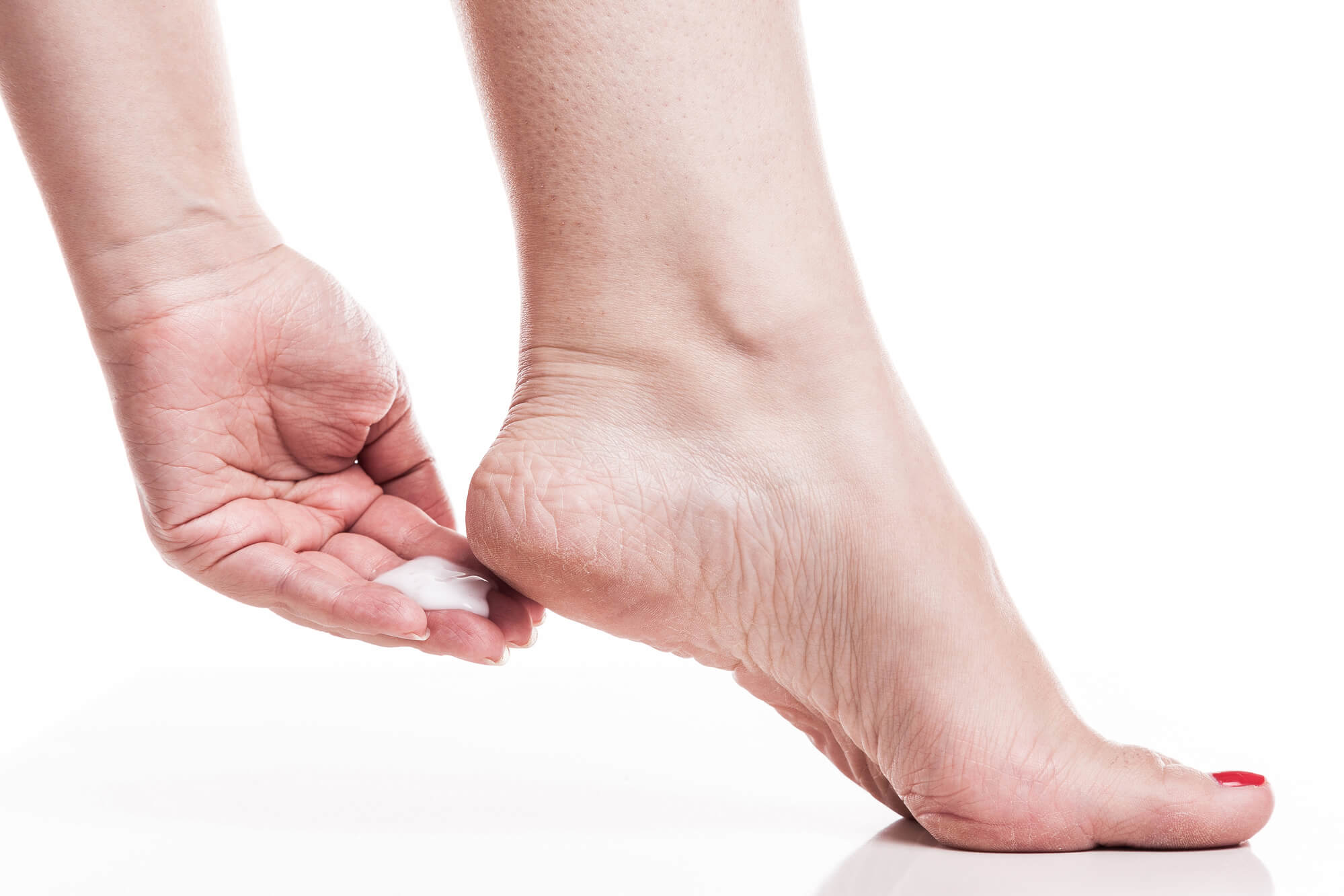
Treatment Options
If you're already dealing with cracked heels, don't despair. There are several treatment options available to help heal and repair damaged skin. Here are some options to consider:
Home Remedies
There are several home remedies you can try to help treat your cracked heels. Here are a few options to consider:
- Exfoliating Scrubs: Exfoliating your feet can help to remove dead skin cells and smooth rough, dry skin. You can gently use a pumice stone or a foot scrub to exfoliate your heels. Just be sure not to scrub too hard, as this can further irritate the skin.
- Moisturizing Oils and Creams: Applying a moisturizing oil or cream to your heels can help to hydrate and soften dry, cracked skin. Look for products that contain urea, which can help to lock in moisture. You can also try using natural oils like coconut oil or almond oil, known for their moisturizing properties.
- Peeling Foot Masks: Peeling foot masks can help to soften and remove dead skin from your heels. These masks typically contain alpha hydroxy acid (AHA) or other exfoliating agents, which help to loosen and remove dry, flaky skin. Just be sure to follow the instructions on the product, as overuse can lead to irritation.
- Soothing Foot Soaks: Soaking your feet in warm water can help to soften dry, cracked skin and make it easier to exfoliate. You can add Epsom salt, baking soda, or other soothing agents to your foot soak to help reduce inflammation and soften the skin. Just be sure to moisturize your feet after soaking to help lock in hydration.
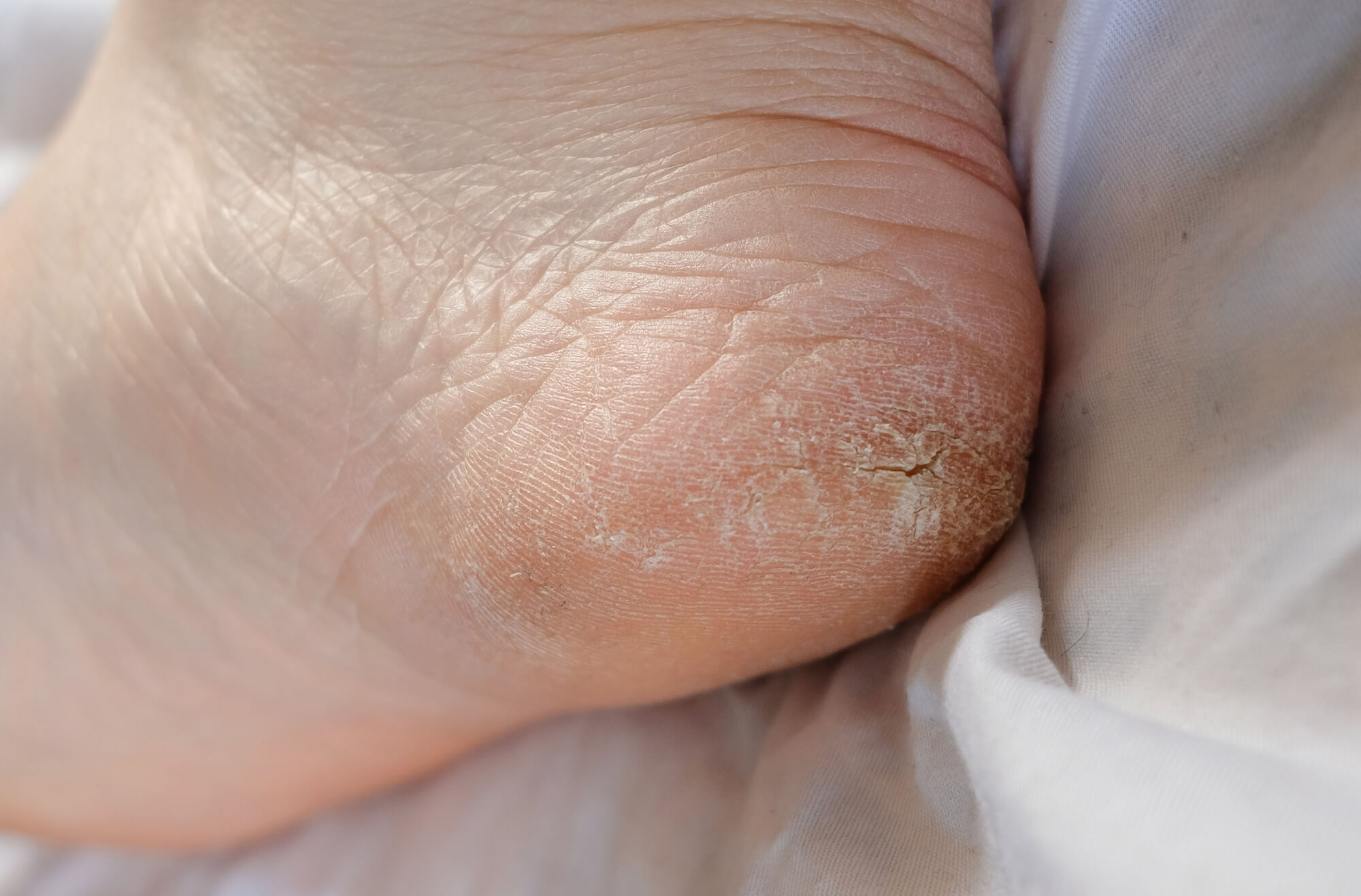
Medical Treatments
If your cracked heels are severe or do not respond to home remedies, you may need medical treatment. Here are a few options to consider:
- Prescription Creams and Ointments: Your healthcare professional may prescribe a special cream or ointment to help treat your cracked heels. These products may contain urea, salicylic acid, or other ingredients that can help to soften and moisturize the skin.
- Laser Therapy: Laser therapy is a non-invasive treatment that uses lasers to stimulate the production of collagen and elastin, which can help to improve the appearance of dry, cracked skin. This treatment is usually performed by a dermatologist or podiatrist and may require multiple sessions to see results.
- Surgery: In severe cases, surgery may be necessary to treat cracked heels. This may involve removing excess skin or fat from the heels or correcting underlying bone or joint abnormalities contributing to the problem. Surgery should only be considered as a last resort and should be performed by a qualified healthcare professional.
Conclusion
If you're struggling with dry, cracked heels, various treatment options are available to help heal and repair damaged skin. From home remedies like exfoliating scrubs and moisturizing oils to medical treatments like prescription creams and laser therapy, there's a solution to help you get smooth, healthy skin on your feet. Be sure to speak with a healthcare professional if your cracked heels are severe or not responding to treatment, as they may need to be treated by a dermatologist or podiatrist.

